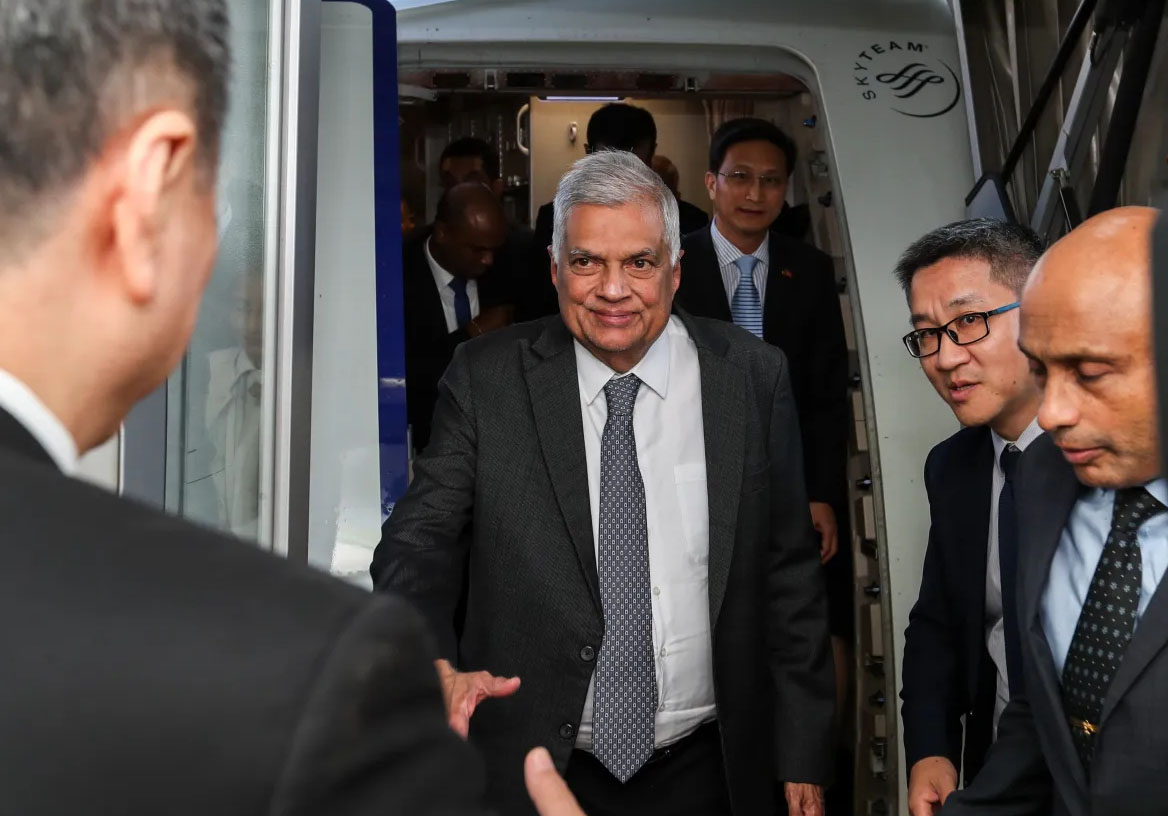
Photo Credit: Getty Images
Sri Lanka's new president is seeking a more flexible approach from the International Monetary Fund (IMF) as his country navigates a $2.9 billion bailout package. The president, who took office amid a severe economic crisis and sovereign default, expressed concern about the impact of the IMF's stringent austerity measures. He has urged the IMF to consider "alternative means" to continue supporting Sri Lanka's recovery while mitigating the hardships imposed by the austerity program.
In his first face-to-face meeting with International Monetary Fund representatives in Colombo, self-avowed Marxist Anura Kumara Dissanayake said he wanted to reduce taxes on lower income groups. He won his country's September 21 presidential election promising to reverse steep tax hikes, raise public servant salaries and renegotiate the controversial bailout secured by his predecessor, Ranil Wickremesinghe.
Dissanayake told the IMF that he wanted to continue with the four-year programme, which requires the government to reform loss-making state enterprises and improve governance. Dissanayake reaffirmed "broad agreement" with the objectives of the IMF programme but "emphasised the importance of achieving these objectives through alternative means that relieves the burden off the people," his office said in a statement.
It said the IMF delegation headed by its Director for Asia Pacific, Krishna Srinivasan, "agreed to discuss the alternative approaches proposed by the Sri Lankan government."
However, neither side gave details of the new proposals.
The 2023 bailout helped end crippling shortages of food, fuel and medicine and returned Sri Lanka's economy to growth, but its austerity measures left millions struggling to make ends meet. The new president has said he also wants to conclude a deal to restructure $12.5 billion in international sovereign bonds and secure more concessions for the cash-strapped nation.
Analysts, however, say Dissanayake has little room to reshape the terms of the IMF deal. Sri Lanka declared a sovereign default on its $46 billion debt in April 2022 after running out of foreign exchange.
Sri Lanka's 2022 financial crisis that precipitated the bailout proved to be an opportunity for Dissanayake, who saw his popularity rise after pledging to change what he called the island's corrupt political culture.
Lewis Musonye
















